The reopening of the U.S. Department of Education’s Civil Rights Offices has ushered in a renewed commitment to protecting students nationwide. From large urban universities in Boston and Los Angeles to smaller college towns like Madison and Chapel Hill, the move signals a reaffirmation of inclusion and equal treatment for all students.
Rising Voices Across Campuses
As soon as the offices reopened, colleges and universities saw an immediate surge in discrimination reports. Students from New York City to San Francisco began filing complaints regarding race, gender identity, disability, and religion. Surveys in Philadelphia and Houston highlight this growth, even though institutions seldom release detailed complaint statistics.
Empowerment Through Access
Advocates attribute the rise in complaints to reduced barriers to reporting. Students who once stayed silent now feel encouraged to come forward. The renewed presence of Civil Rights Offices validates their experiences and offers assurance that complaints will no longer disappear without acknowledgment or meaningful response.
Beyond Coastal Centers
The wave of reporting is not limited to major metropolitan hubs. Students in Minneapolis, Atlanta, and other mid-sized communities are also stepping up. Liberal arts colleges and commuter schools alike are witnessing an awakening of voices, amplified through forums, task forces, and departmental counseling services.
What It Means for Students
For students in Athens, Ann Arbor, or similar towns, this change is profound. Many endured years of micro-aggressions or exclusionary practices with little recourse. Now, there is greater hope that justice will be pursued, giving students confidence that their dignity and safety are a priority in higher education.
Institutional Responsibilities
Reopening these offices places new responsibilities on colleges and universities. Institutions in Denver, Seattle, and beyond are strengthening equity offices, expanding bias-response teams, and refining complaint processes. This heightened scrutiny ensures faster investigations, more rigorous follow-up, and stronger accountability when issues of discrimination or harassment arise.
Revisiting Campus Policies
Across the country, Title IX coordinators and equity officers are reassessing procedures. From Phoenix to Miami, administrators are reviewing reporting pipelines to guarantee fairness. Students are being reminded that they can file complaints without fear of retaliation and that issues from accessibility to religious expression will be treated with seriousness.
A Growing Wave of Reports
Civil rights tracking shows significant increases in campus reports since the reopening. Though exact figures vary, education nonprofits cite double-digit percentage rises in complaints. These statistics reflect a long-suppressed demand for justice, suggesting that many students had been waiting for safer avenues to speak out.
Local Impact Across the Nation
In cities like Nashville and Portland, the effects are visible. Student newspapers document discrimination incidents, while activist groups rally for reform. Administrators express concern about increased caseloads, but also acknowledge the opportunity: each report uncovers issues that may have remained hidden without renewed oversight and accountability.
Building Cultural Understanding
The reopening also encourages proactive measures. Colleges in Austin, New Orleans, and other cities are organizing workshops on unconscious bias, accessibility, and LGBTQ+ inclusion. From flagship universities in Ann Arbor to community colleges in Las Vegas, peer-led initiatives are cultivating deeper awareness and understanding among students and staff.
Student-Led Movements
Outside official channels, students are shaping cultural change. In places like Norman and Charlottesville, grassroots campaigns gather stories of bias and neglect. These narratives humanize statistics, influencing campus policy through moral appeal and public pressure, rather than solely through formal legal procedures.
Demanding Transparency
While numbers matter, personal stories carry greater weight. Students in Madison, Chapel Hill, and San Diego are sharing powerful accounts of exclusion. These voices highlight the importance of transparent reporting, sustained training, and effective follow-through to ensure that equity commitments translate into real institutional change.
A Turning Point for Higher Education
The reopening of Civil Rights Offices represents more than administrative reform—it marks a cultural reset. Universities from Chicago to Baton Rouge face a clear challenge: transform renewed federal enforcement into lasting equity. Safe, inclusive learning environments are not optional; they are the foundation of education itself.

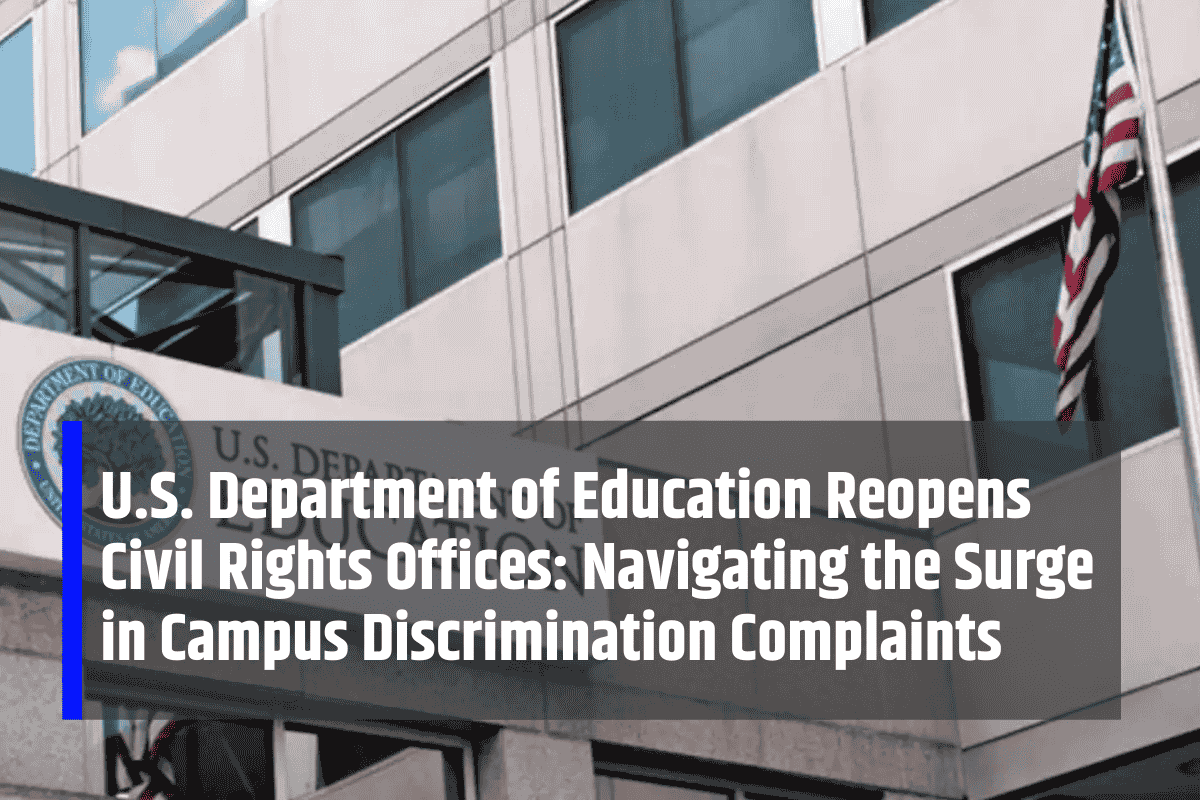
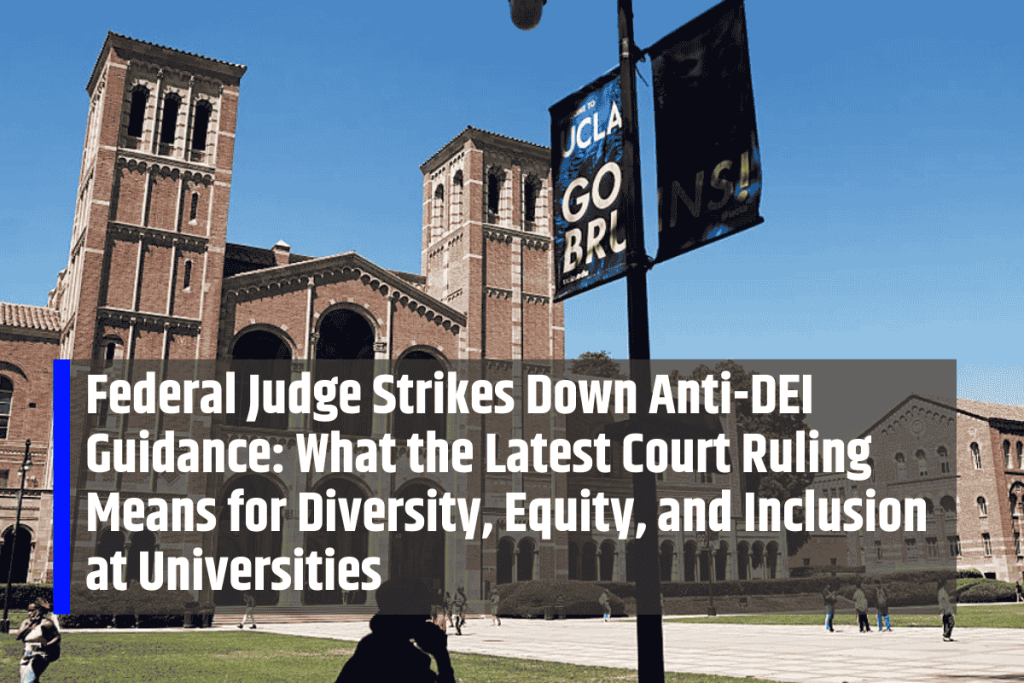
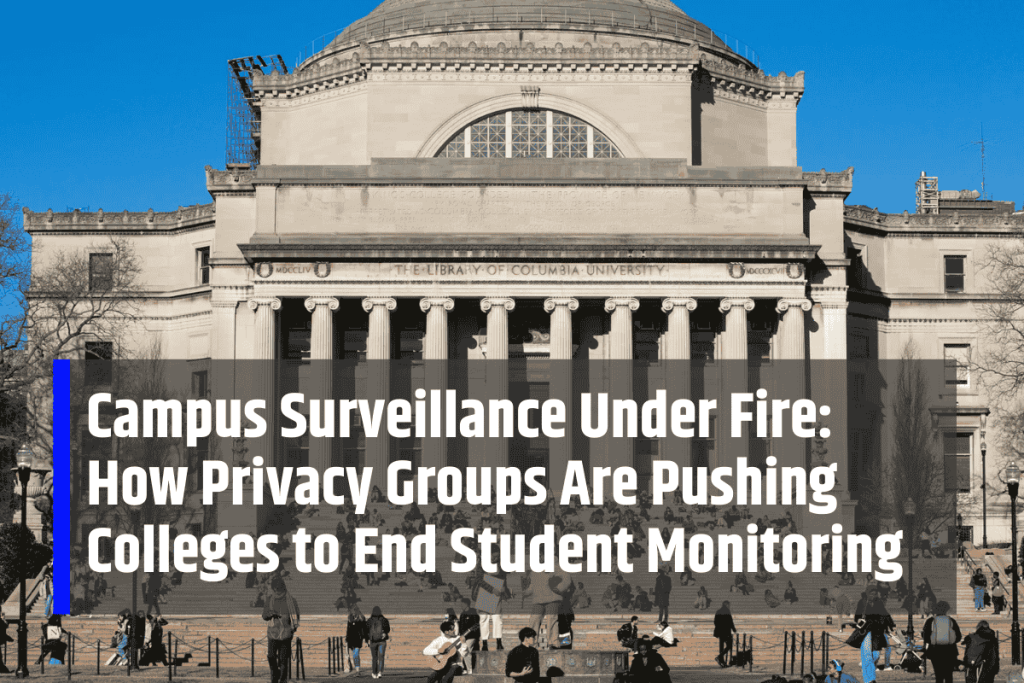
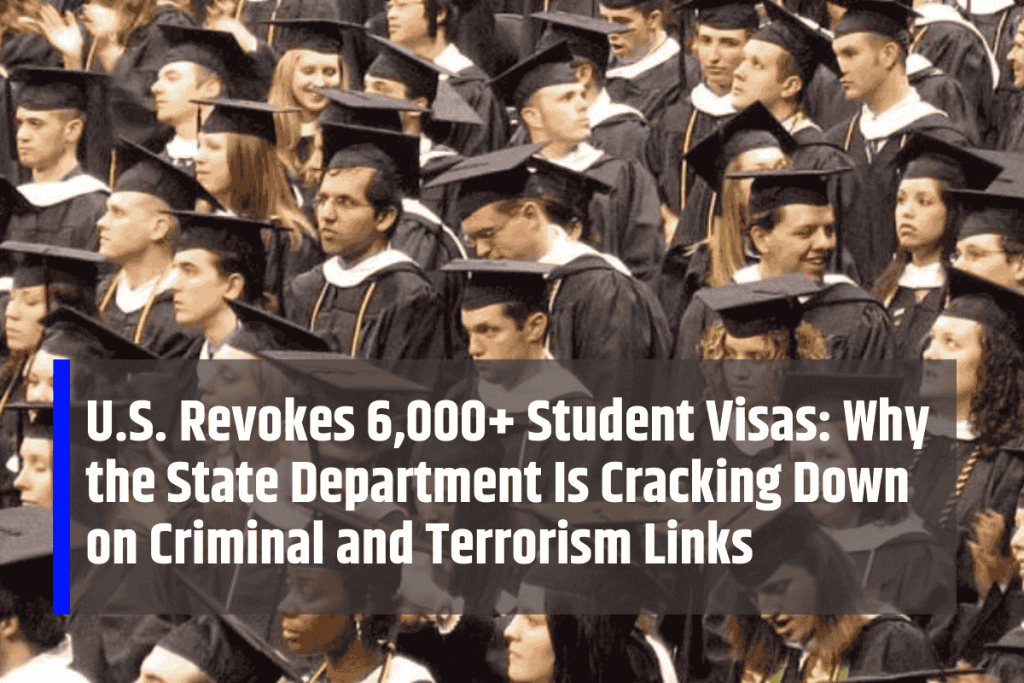
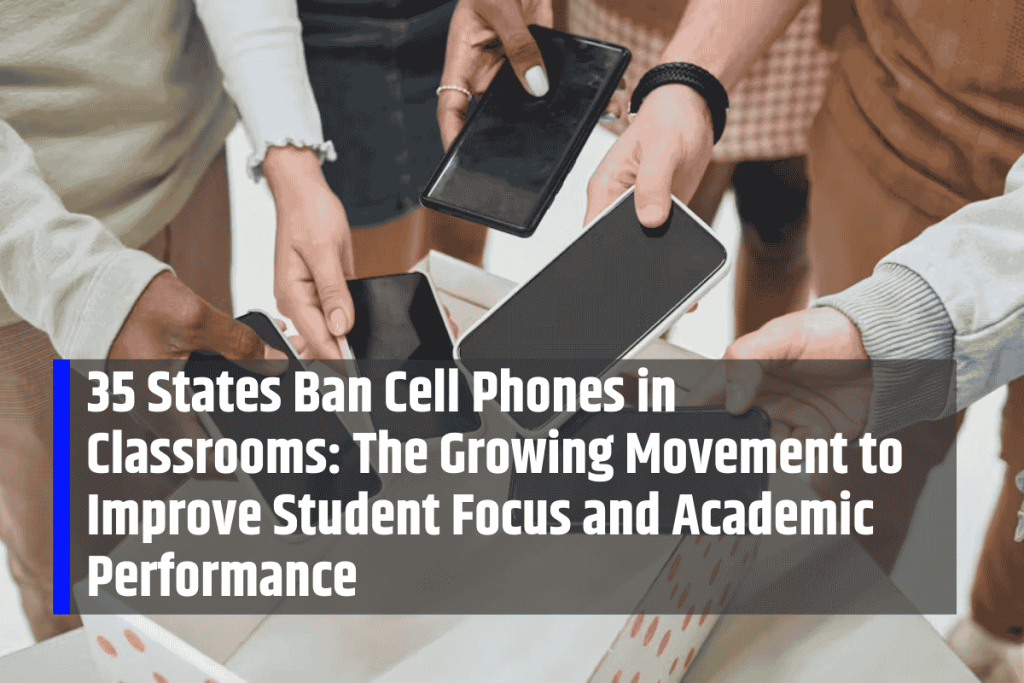
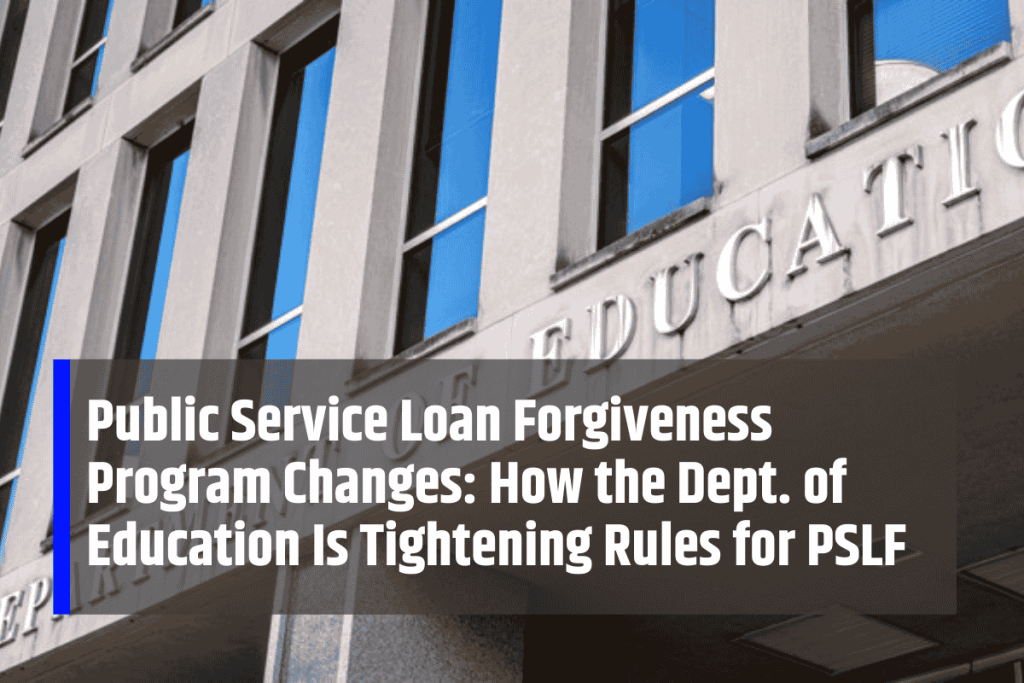
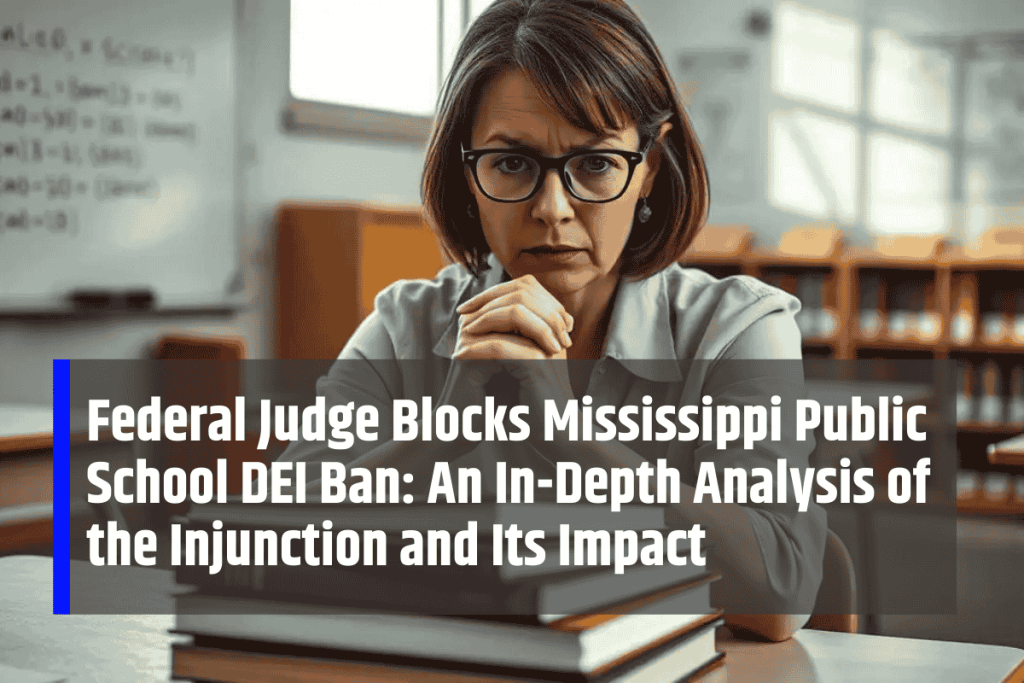



Leave a Comment